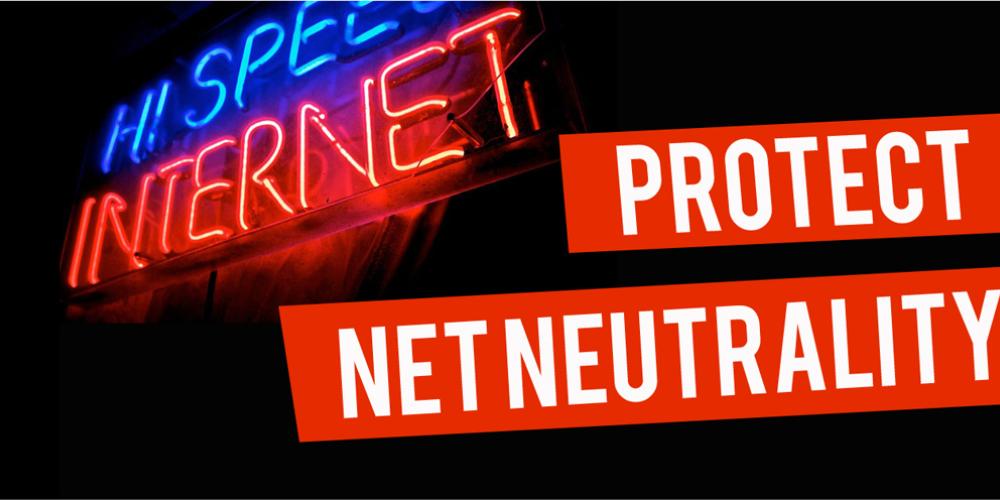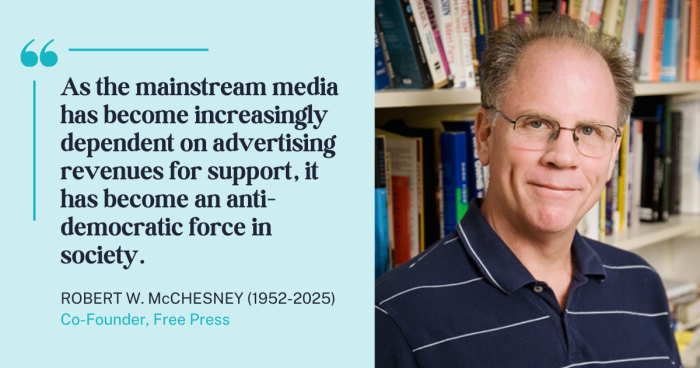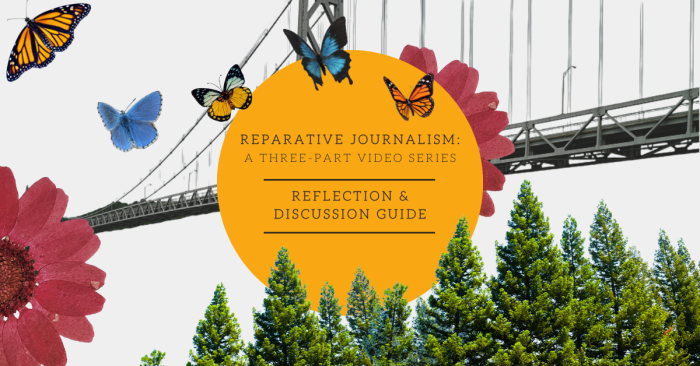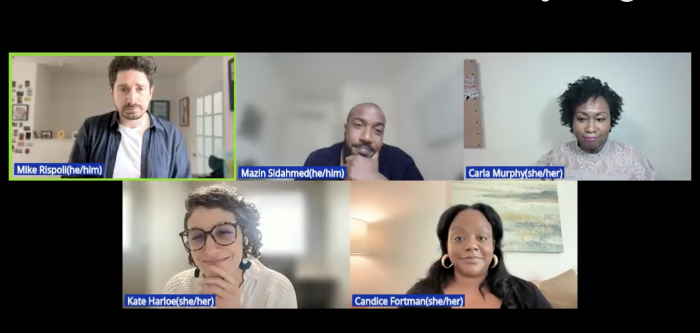The FCC Plan to End Net Neutrality: What You Need to Know

The details of FCC Chairman Ajit Pai’s plan to destroy Net Neutrality are out. And they’re even worse than expected.
Our lawyers and policy experts are reviewing the reports and gathering details about Pai's plan. This is our first read on the most important details you need to know about this proposal. We will update this post as new details emerge.
The FCC plan will:
- End Title II protections and erase the three Net Neutrality rules passed at the FCC in 2015 and upheld in court last year.
- Legalize internet blocking and discrimination by AT&T, Comcast and Verizon, no questions asked.
- Allow ISPs to throttle back the speeds of different kinds of websites and apps.
- Encourage paid prioritization — sticking most sites and apps in the slow lane and reserving the fast lane for the few wealthy companies that can afford special treatment.
So what will shield us from ISPs that want to censor political speech or stop competition to their old cable-TV and telephone businesses?
According to Pai's proposal, companies like Comcast don't require rules or enforcement to behave. In place of laws and rules, Pai is counting on “public shaming” to keep companies in line.
As for Pai, he’s clearly shameless.
We've shown time and again that Title II of the Communications Act is the best and only foundation for Net Neutrality rules we have right now.
And it gives the FCC the authority to enforce other important rules about broadband affordability, privacy and competition. Title II works, plain and simple.
But this has never been about the truth for Ajit Pai.
Pai admitted in April, even before he launched this process, that he'd made up his mind to abandon real Net Neutrality. He has lied, repeatedly, about the impact of Net Neutrality on broadband investment. And he has ignored tens of millions of public comments opposing his plans.
This isn't over
The FCC will vote on Pai's plan on Dec. 14: We need to throw everything we've got at this fight in the next three weeks. We’re planning protests across the country, mobilizing thousands of calls to Washington and planning a big rally outside the FCC on Dec. 14.
This is a wake-up call for all of us. We need to fight and we need to do it now if we want to save the internet.





